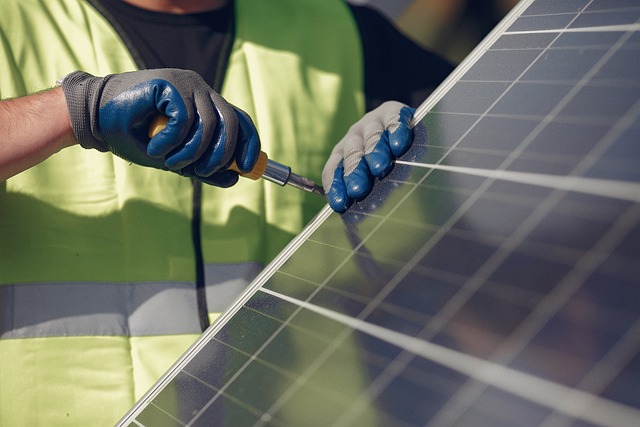
Are you thinking about leasing solar panels? More and more homeowners are tapping into the power of solar energy. According to the U.S. Energy Administration Information (EAI), roughly 4% of all homes in the United States are powered by solar energy. While some homeowners purchase solar panels, though, others lease them. Leasing solar panels offers both pros and cons of which you should be aware.
Pro: Avoid Expensive Installation Costs
You can avoid otherwise expensive installation costs by leasing solar panels. The company from which you lease them will handle the installation process. It will send a technician — or a team of technicians — to your home to install the solar panels. You won’t have to install the solar panels yourself, nor will you incur traditional installation costs.
Pro: No Maintenance or Repairs
Another benefit of leasing solar panels is no maintenance or repairs. All solar panels, of course, require maintenance, and some of them may require repairs. If you lease them, however, you won’t have to perform maintenance or repairs.
Leasing solar panels is similar to leasing a car. When you lease a car, the leasing company will handle maintenance and repairs. The same is true for leasing solar panels. If one of the solar panels stops working, the leasing company will repair it at no additional charge.
Con: Lease Contract
You’ll typically have to sign a lease contract when leasing solar panels. Lease contracts for solar panels range from 10 years to 25 years on average. During this time, you’ll be responsible for making lease payments. Most leasing companies require a monthly payment for the duration of the lease contract.
Con: No Tax Rebates
There are tax rebates available for homeowners and business owners who purchase solar panels. The Solar Investment Tax Credit (ITC), for instance, is a credit for up to 30% of the cost of a solar panel installation. But you may not be eligible for the ITC if you lease your solar panels.
Con: Challenges When Selling Home
Leasing solar panels can pose challenges if you decide to sell your home. Assuming your lease contract hasn’t ended, you may have to transfer the lease to the new buyer. Some buyers, however, may now be willing to take the lease. They may prefer to buy their solar panels outright rather than leasing them. You should read the fine print before leasing solar panels to determine what happens if you decide to sell your home.

